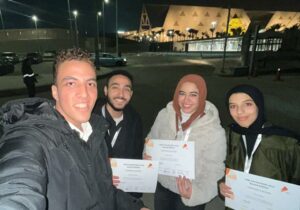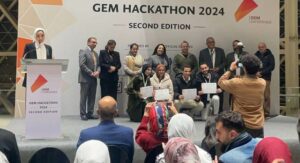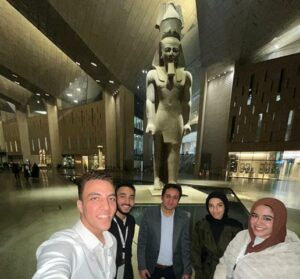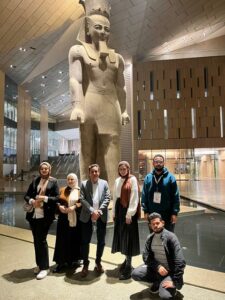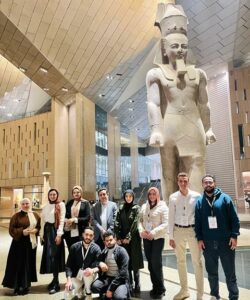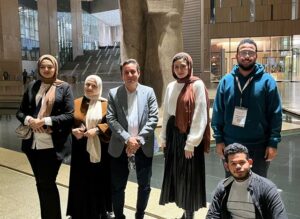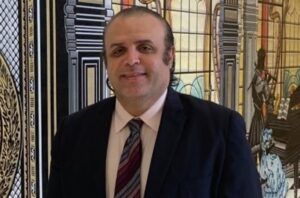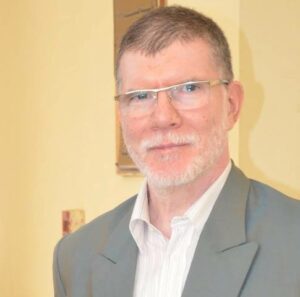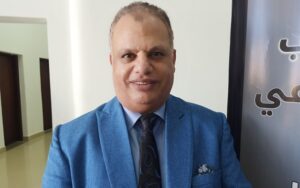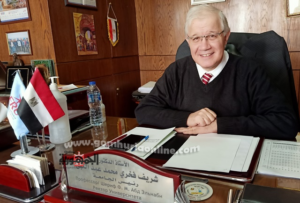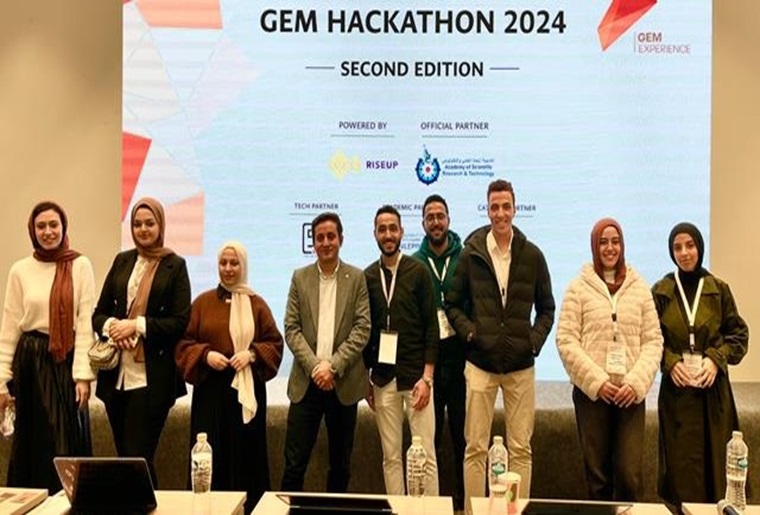After a Competition Among 38 Teams from 12 Universities in the Field of Artificial Intelligence... Teams from the Egyptian Russian University Advance to the Finals of the Egyptian Museum Hackathon...
Dr. Sherif Fakhry Mohamed Abdelnaby, President of the Egyptian Russian University, announced that two teams of students from the Faculty of Artificial Intelligence at the university successfully advanced to the finals of the second edition of the ‘Grand Egyptian Museum Hackathon.’ This competition aims to innovate ideas and applications to improve the visitor experience using technology and creative presentations. The two teams reached the finals after competing with 38 teams from 12 universities (governmental, private, and community). The teams participated with the support of Dr. Mohamed Kamal El-Sayed Mostafa, Chairman of the University’s Board of Trustees, as part of the university’s efforts to stimulate students’ scientific potential, encourage research and innovation, and enable them to contribute ideas to serve society.
In the same context, Dr. Hesham Fathi, Dean of the Faculty of Artificial Intelligence at the Egyptian Russian University, explained that the competition is sponsored and organized by the ‘Academy of Scientific Research and Technology’ and the ‘Grand Egyptian Museum,’ in partnership with ‘Rise Up,’ the primary sponsor of the hackathon. The winning student teams underwent a two-day training program, lasting nine hours daily, involving students from universities specializing in technology and arts, as well as experts and various institutions, to develop innovative digital solutions to enhance the visitor experience at the museum.
Dr. Saeed Hassan, Vice Dean of the Faculty of Artificial Intelligence at the Egyptian Russian University, described the event as a unique platform combining cultural heritage with modern technology to foster innovation and interaction with our ancient heritage. He added that the participants engaged in intensive educational and training sessions over two days before the final challenge, where they presented innovative ideas to address real-life challenges and provide a more engaging and interactive experience for visitors to the Grand Egyptian Museum.
Similarly, Dr. Sameh Zarif, Head of the Artificial Intelligence Department at the Egyptian Russian University, noted that there was a continuous 30-hour competition with no sleep to develop the ‘photo booth’ at the Grand Egyptian Museum. Participating students, all from the Artificial Intelligence Department, included Norhan El-Nadi, Al-Zahraa Mohamed, Omar Mohamed, Mariam Ashraf, Marwan Ragab Fathi, Abdelrahman Sami, Ahmed Ramadan, Arwa Hassan, and Yomna Alaa. He expressed gratitude to Engineer Mona Mohamed, an assistant lecturer at the faculty, for her excellent follow-up with the participating teams in the competition.
Additionally, Dr. Wael Badawy, Acting Head of the Data Science Department at the Faculty of Artificial Intelligence at the Egyptian Russian University, emphasized the college’s continuous efforts to support initiatives that combine science with community development. These initiatives employ modern technologies such as artificial intelligence, augmented reality, and virtual reality to transform cultural experiences into interactive and inspiring ones. He praised the creativity and innovation demonstrated by the students participating in the ‘Egyptian Museum Hackathon
